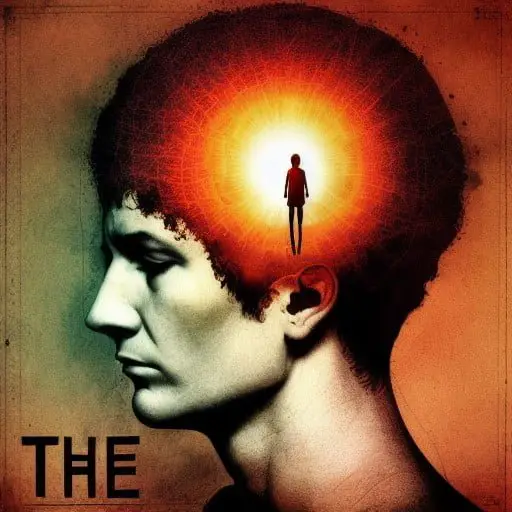The Mind Explained by Vedanta
Vedanta is an ancient Indian philosophy that offers a profound understanding of the human mind. According to Vedanta, Mind is not just a physical organ but a complex system that governs our perception, cognition, and behavior. The basic tenet of Vedanta’s insight on the mind is that it is the root cause of our suffering and liberation. This article delves into Vedanta’s understanding of the mind and how it explains the four states of consciousness.
Vedanta’s Understanding of the Mind
Vedanta’s understanding of the mind is based on the concept of chitta, which means consciousness or awareness. According to Vedanta, Mind is not just a physical organ but a subtle energy that permeates the entire body. The mind is made up of three components: manas (sense-mind), buddhi (intellect), and ahamkara (ego).
Manas is the sensory aspect of mind that receives information from the senses and sends it to the intellect. Buddhi is the intellectual aspect of the mind that processes information and makes decisions. Ahamkara is the ego aspect of the mind that identifies with the body and creates a sense of self.
According to Vedanta, Mind is the source of all suffering and liberation. When mind is attached to sensory objects and desires, it creates the illusion of happiness and sadness, pleasure and pain. But when mind is detached from these sensory objects and desires, it experiences pure consciousness or bliss.
The Four States of Consciousness in Vedanta
Vedanta explains four states of consciousness, namely waking, dreaming, deep sleep, and turiya (the fourth state).
The waking state is the state of consciousness that we experience when we are awake. In this state, the mind is active and engaged with the external world. Mind is primarily focused on sensory experiences, thoughts, and emotions.
The dreaming state is the state of consciousness that we experience when we are dreaming. In this state, the mind is less active but still engaged with its own creations. Mind creates a dream world that is a reflection of its desires, fears, and experiences.
The deep sleep state is the state of consciousness that we experience when we are asleep but not dreaming. In this state, Mind is inactive, and there is no awareness of the external or internal world. However, there is a sense of bliss and peace in this state.
The Turiya state is the state of consciousness that transcends the waking, dreaming, and deep sleep states. In this state, the mind is in a state of pure consciousness or bliss. It is the state of self-realization, where the individual self merges with the universal self.
In conclusion, Vedanta’s insight on mind offers a profound understanding of the human mind and its role in our suffering and liberation. According to Vedanta, Mind is not just a physical organ but a complex system that governs our perception, cognition, and behavior. The four states of consciousness in Vedanta explain the different states of the mind and offer a path towards self-realization. Understanding Vedanta’s insight on the mind can help us achieve a greater understanding of ourselves and the world around us.
